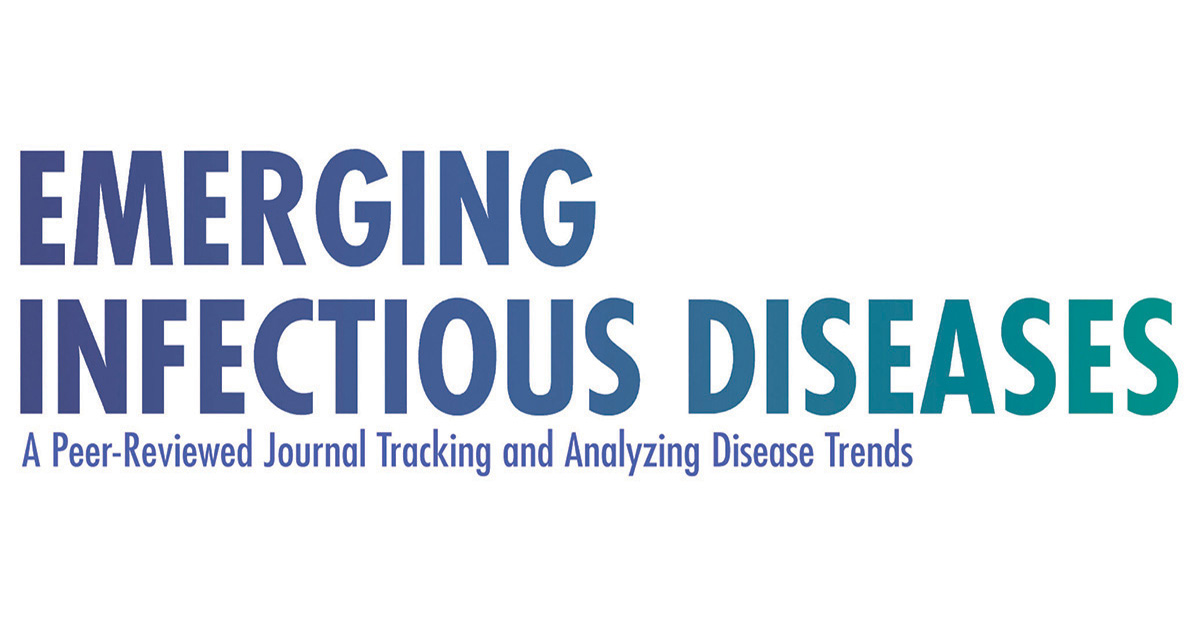A study entitled “Multidrug-Resistant pESI-Harboring Salmonella enterica Serovar Muenchen Sequence Type 82 in Poultry and Humans, Israel, 2020–2023” published in Emerging Infectious Diseases, vol. 31, No 10, October 2025, by Israeli Scientists. Salmonella enterica serovar Muenchen emerged in Israel in 2018 and became a major public health threat. The study used WGS to compare Salmonella Muenchen isolates from poultry, food, and humans collected in Israel (2020-2023 n-109) and globally (n=125). Muenchen. Salmonella Muenchen sequence type 82 isolates from Israel harbored pESI plasmid, exhibited high genetic similarity between human and poultry sources, and closely resembled international pESI-positive strains. Quinolone-resistance determinants were found in 58.6% of isolates. Salmonella Muenchen prevalence in commercial broiler flocks was 61.5%. The clonal spread of Salmonella Muenchen in poultry contributes to increased incidence in humans. The introduction of mandatory vaccination against Salmonella Infantis in breeder flocks in 2011 ultimately controlled the spread of the disease in Israel. Despite a rapid reduction in the prevalence of Salmonella Infantis in breeder flocks the prevalence in broiler flocks was only evident several years after its initiation. The researchers have suggested that chicken meat is an important source of Salmonella Muenchen infections in Israel. Salmonella Muenchen has emerged as a dominant serotype in Israel, increasing from 2% in 2017 to 35.4% in 2022. @ https://wwwnc.cdc.gov/eid/article/31/10/25-0191_article

